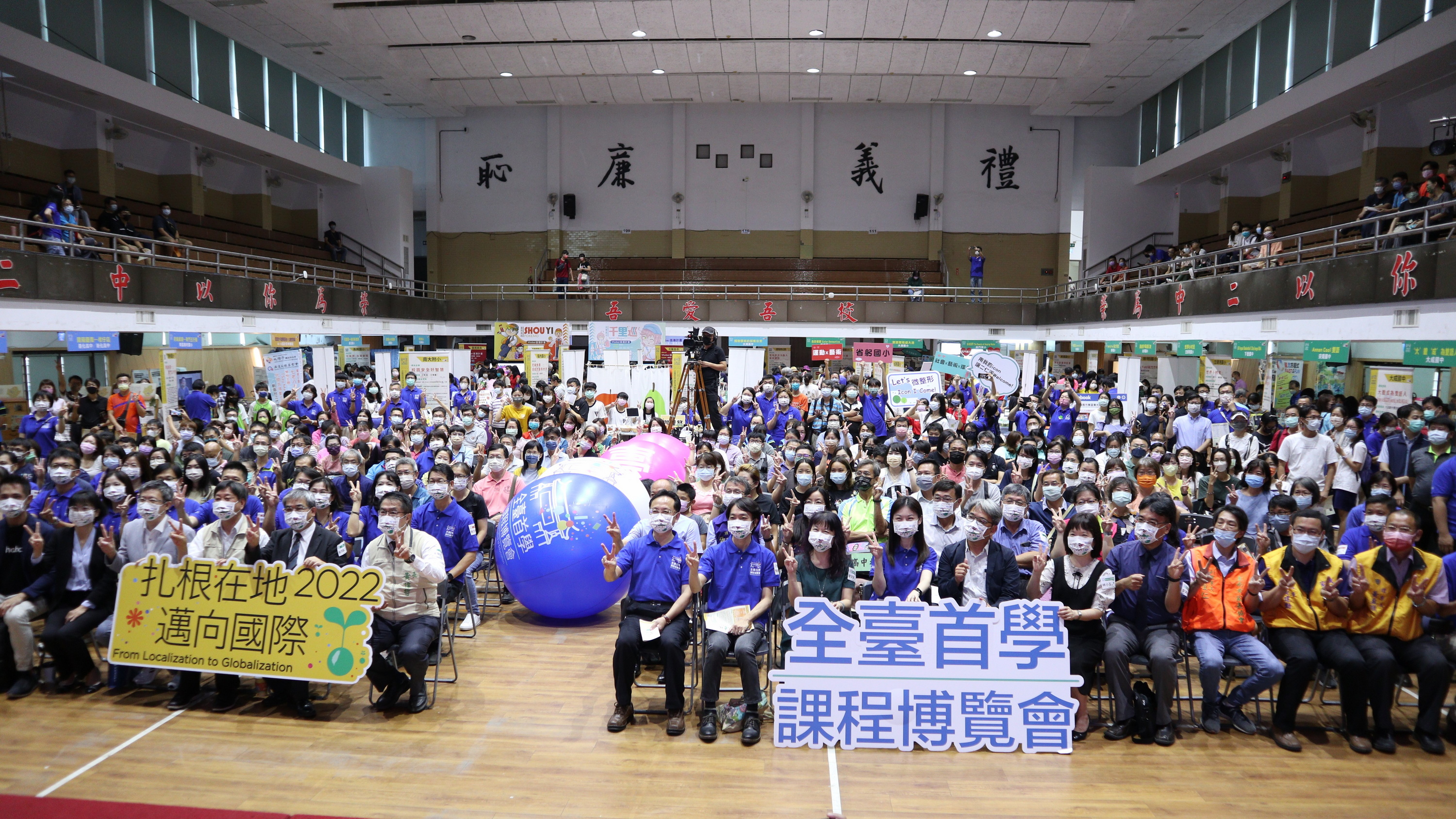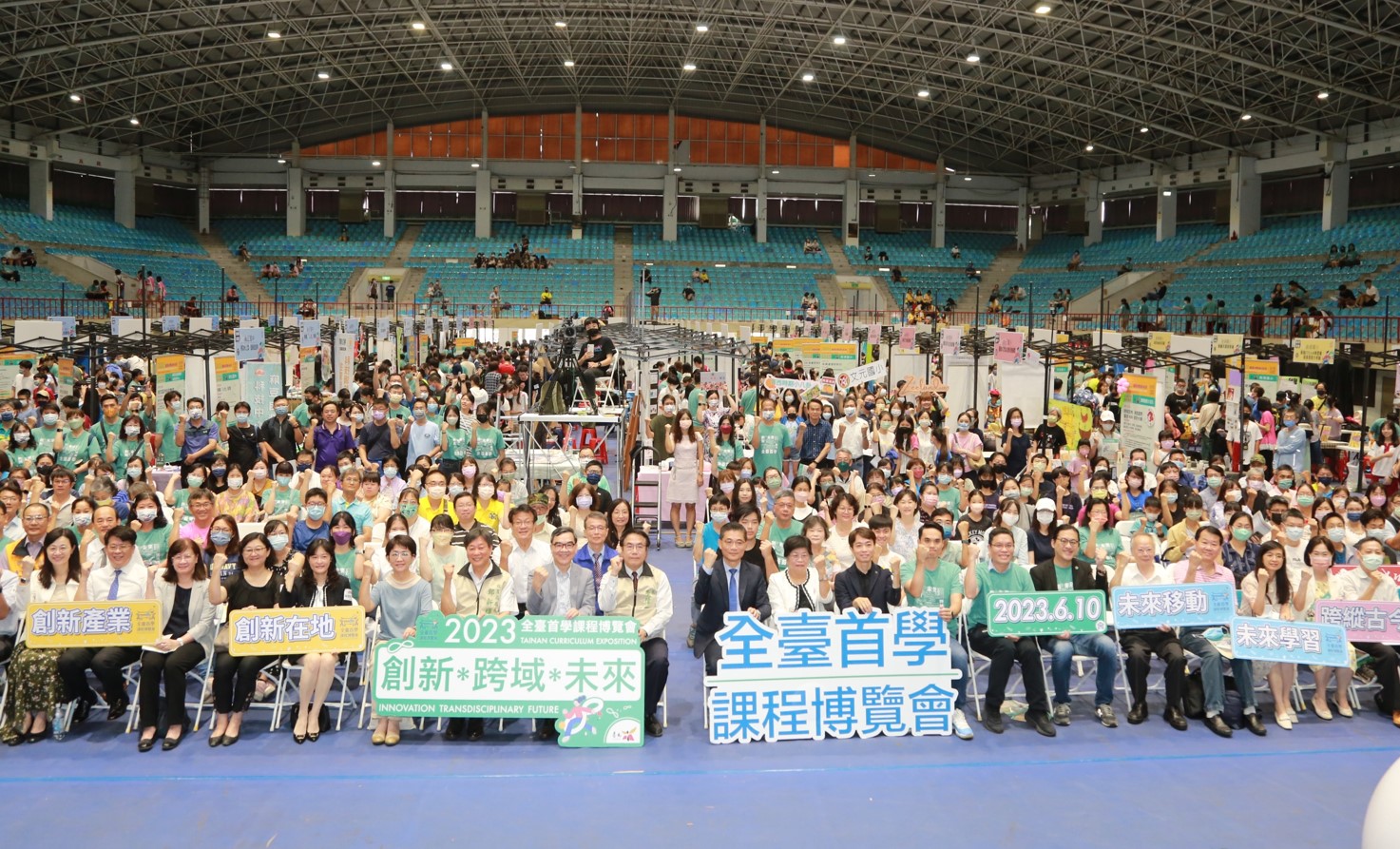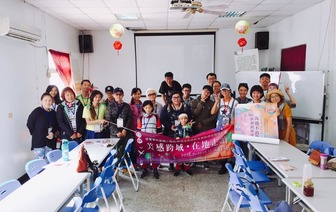Changhua County Hequn Junior High School: The first empowerment lecture "Cross-field intersection-Citizens and Arts"
Time: October 21, 2015 (Friday)
Lecturer: Professor Lin Jiafan, Department of Civic Education and Activity Leadership, National Taiwan Normal University
Location: Changhua County Hequn Junior High School History Room
Lecture content:

1. Professor Lin Jiafan from the Department of Civic Education and Activity Leadership of National Taiwan Normal University lectures and shares the concept and practice of action-based civic education.
(1) Citizen Action: Actions taken to pursue social justice and seek changes in public policies.
(2) Six steps of the citizen action plan (course version): 1. Confirm the public policy issues existing in the community, 2. Select the issues to be studied by the class (group), 3. Collect information on the issues to be studied by the class (group), 4. Prepare class (group) plan, 5. Report plan, 6. Reflect on learning experience.
(3) Overall scoring criteria for citizen action plans: persuasiveness, feasibility, coordination, and reflection.
(4) The difference between civic action and charitable action lies in the pursuit of justice, concern for public policy issues, and taking actions to change public policy. The Citizen Action Plan, through "learning by doing", aims to cultivate the ability of citizens to take action and change society on their own.
2. Teacher Liu Jianlin of Hequn Junior High School shared the cross-field aesthetic education plan for the first semester of the 2015 academic year.
Thoughts and feedback:
(1) The cross-field aesthetic education curriculum planning for the first semester of the 105th academic year of Hequn Junior High School is mainly implemented in the political participation and election course of Chapter 6 of the Civics subject in the first semester of the eighth grade, and is combined with the courses in the arts and literature field to allow students to The election process is simulated, and the campaign is completed through team division and cooperation. It is expected that students will understand the procedures and spirit involved in participating in the election. Therefore, the first workshop invited Professor Lin Jiafan (Director of the Department of Civic Education and Activity Leadership at National Taiwan Normal University, Director of the Civil Citizenship and Rule of Law Education Foundation and convener of the Human Rights Education Guidance Group of the Ministry of Education) serves as a lecturer to teach the concept and practice of action-based citizenship education. He has a better understanding of cultivating students' ability and methods of civic action, which is helpful for the implementation of practical student courses. ,
(2) Teachers’ reflections on participating (study feedback form): I am very grateful to the school for its hard work. I have gained a clearer understanding, understanding and clarification of many issues in the integration of aesthetics into education. I am grateful to the principal for his enthusiasm and vitality in this activity. I feel very grateful. Feeling supported.



